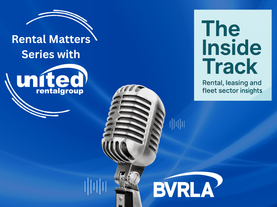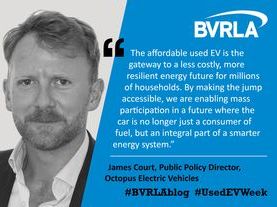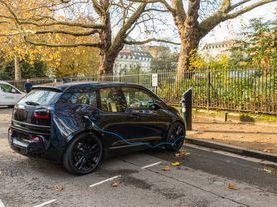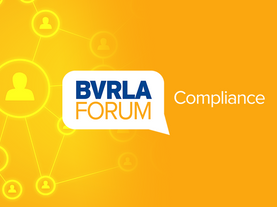The BVRLA has responded to the Government’s consultation on the rules on safe use of automated vehicles on British roads ahead of the Automated Lane Keeping Systems consultation, due out later this year.
In its response to the Centre for Connected and Autonomous Vehicles, the association has highlighted concerns about some of the proposed changes and has suggested that some of the proposed wording for the new autonomous vehicle section of the Highway Code be further explained.
For example, the difference between assisted and autonomous driving is not clear and the wording around what the driver ‘must’ and ‘should’ do is also ambiguous and requires clarification, particularly in relation to the driving task and whether it is assisted or autonomous.
The BVRLA has reservations about ALKS vehicles being automatically considered to be an automated vehicle under the Automated and Electric Vehicles Act (AEVA). The reference to ‘an automated vehicle driving itself’ and that the driver does ‘not need to pay attention to the road’ are of particular concern when referring to ALKS where the driver does need to remain in control, particularly beyond certain speeds and will need to retain control within 10 seconds.
There is also potential for confusion between terms such as assisted and automated lane keeping which are quite similar but have significant differences when it comes to liability and what the driver can and cannot do. The BVRLA does not think the current changes make this distinction clear enough and are concerned about drivers interpreting the code wrongly and therefore posing a risk to themselves and to other road users.
The association also has concerns about driver education and ensuring drivers are informed about the abilities and limitations of the system to ensure it is used safely. Significant questions remain about who is responsible for educating drivers about autonomous features in vehicles and confirming that these features are understood. BVRLA members are not best placed to provide this education when they are not experts on the technology, how to describe it and because increasingly handover is done remotely and not face to face.
The ability to access data remains an important issue for members of the BVRLA. The association is concerned that, as vehicles become more connected and autonomous, this may start to hinder vehicle owners’ ability to access in-vehicle data and could mean that the owners of the data will have an unfair advantage as new mobility business models emerge. Limiting access to data will stifle innovation and affect customer choice in how and where they get their vehicles repaired, serviced and access in-vehicle services.
You can also read the BVRLA’s response to the Law Commission, submitted in March The association will continue to engage with the Law Commission as it prepares to make recommendations to government later in the year, once its review is complete.




